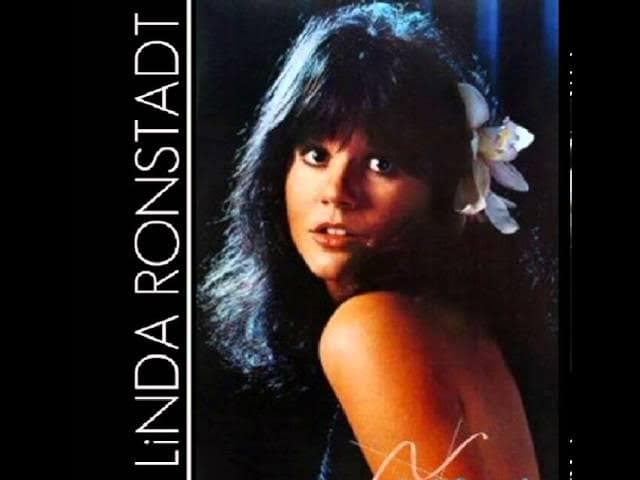
The Exhilarating Reclamation of Self
There are voices that command attention, not just with their power, but with an underlying current of fierce independence and undeniable resilience. Linda Ronstadt’s voice is one such phenomenon, a instrument of such versatility and emotional depth that she could inhabit any genre and make it utterly her own. While she gave us countless ballads of tender longing, today we’re turning up the volume on a track that practically explodes with assertive energy, a declaration of liberation that became a cornerstone of her iconic career: “You’re No Good.”
“You’re No Good” was released by Linda Ronstadt in November 1974, as the lead single from her groundbreaking album, “Heart Like a Wheel.” This period marked a crucial turning point in her already impressive career, propelling her from critical darling to bona fide superstar. The song was a monumental success, ascending to number 1 on the Billboard Hot 100 chart on February 15, 1975, making it her first and only song to reach that coveted top spot. It was also an international hit, charting at number 15 in Australia, number 17 in the Netherlands, and number 24 in New Zealand. The album “Heart Like a Wheel” itself was a massive triumph, reaching number one on the Billboard album chart and eventually earning double Platinum status, solidifying Ronstadt’s position as one of the most important voices in American popular music. This single’s success helped to usher in a new era for Ronstadt, establishing a precedent for her subsequent successful remakes of classic rock and roll songs.
The fascinating story behind “You’re No Good” begins long before Ronstadt got her hands on it. The song was originally written by Clint Ballard Jr. and first recorded by Dee Dee Warwick in 1963. It saw further charting success with a version by Betty Everett later in 1963, and then by The Swinging Blue Jeans in 1964, who had a top 3 hit with it in the UK. Linda Ronstadt’s connection to the song began in her live performances in early 1973. Her band member Kenny Edwards suggested she cover it, and she quickly incorporated it into her sets, even performing it on “The Midnight Special” before recording it. When it came time to record for “Heart Like a Wheel,” producer Peter Asher was instrumental in shaping Ronstadt’s version. While the song was a last-minute choice for the album, Asher, who was already a fan of the Swinging Blue Jeans’ version, worked with Ronstadt and her talented backing musicians to craft the powerful, polished yet dynamic sound that became instantly recognizable. The collaborative effort in the studio transformed a good song into a legendary one, showcasing Ronstadt’s incredible vocal prowess and Asher’s astute production skills.
The meaning of “You’re No Good” is a raw, empowering declaration of self-worth in the face of a toxic relationship. The singer, having endured a damaging romance, finally asserts her independence and rejects the hurtful partner. The lyrics are direct and cutting: “Feeling better now that we’re through / Feeling better ’cause I’m over you.” There’s an admission of past vulnerability (“I broke a heart that’s gentle and true / Well, I broke a heart over someone like you”), but this isn’t weakness; it’s a recognition of her own past mistakes, which only strengthens her resolve to move on. The repeated refrain, “You’re no good, baby, you’re no good,” is not just an accusation; it’s a powerful affirmation of self-preservation and a refusal to be dragged down any further. For many older listeners, this song resonates deeply, tapping into shared experiences of navigating difficult relationships and finding the strength to walk away. It’s a powerful anthem for anyone who has needed to reclaim their own agency and declare their freedom from a detrimental bond.
Listening to “You’re No Good” today, it still possesses an undeniable immediacy and intensity. Linda Ronstadt’s vocal performance is nothing short of electrifying – powerful, confident, and infused with a palpable sense of liberation. The driving rhythm section, the stinging guitar riffs, and the perfectly placed backing vocals create a rock solid foundation for her incredible voice to soar. It’s a masterclass in how to take an existing song and infuse it with such personal conviction that it becomes uniquely your own. This track isn’t just a hit from the 70s; it’s a timeless testament to resilience, self-empowerment, and the triumphant feeling of finally breaking free from something that was holding you back. It reminds us of Linda Ronstadt’s singular talent and her ability to articulate the raw, complex emotions of the human heart with thrilling honesty.